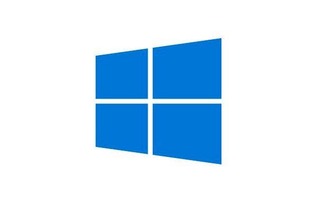Security experts put their heads together to answer the question 'How can enterprises secure themselves?'
Enterprises are under constant assault from hackers trying to get access to their servers, and the precious data they hold. And those attacks comprise everything from the persistent barrage of l...
To continue reading this article...
Join Computing
- Unlimited access to real-time news, analysis and opinion from the technology industry
- Receive important and breaking news in our daily newsletter
- Be the first to hear about our events and awards programmes
- Join live member only interviews with IT leaders at the ‘IT Lounge’; your chance to ask your burning tech questions and have them answered
- Access to the Computing Delta hub providing market intelligence and research
- Receive our members-only newsletter with exclusive opinion pieces from senior IT Leaders























